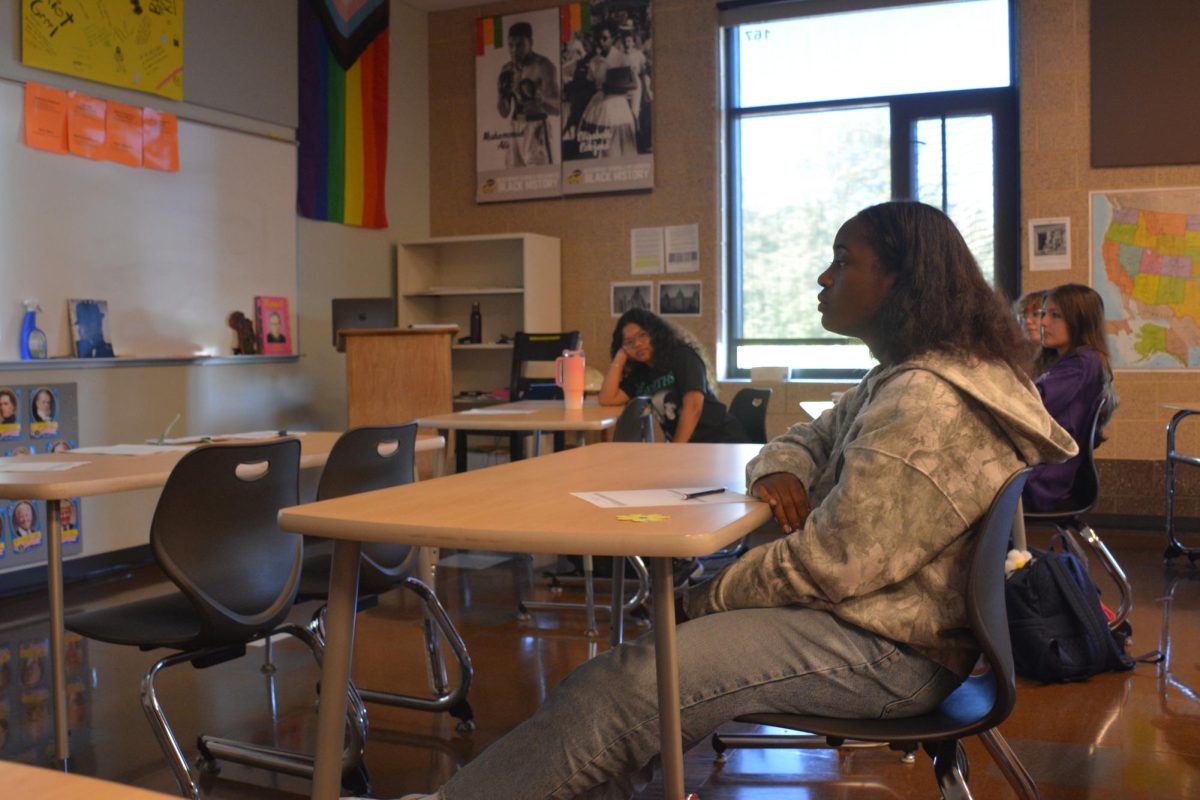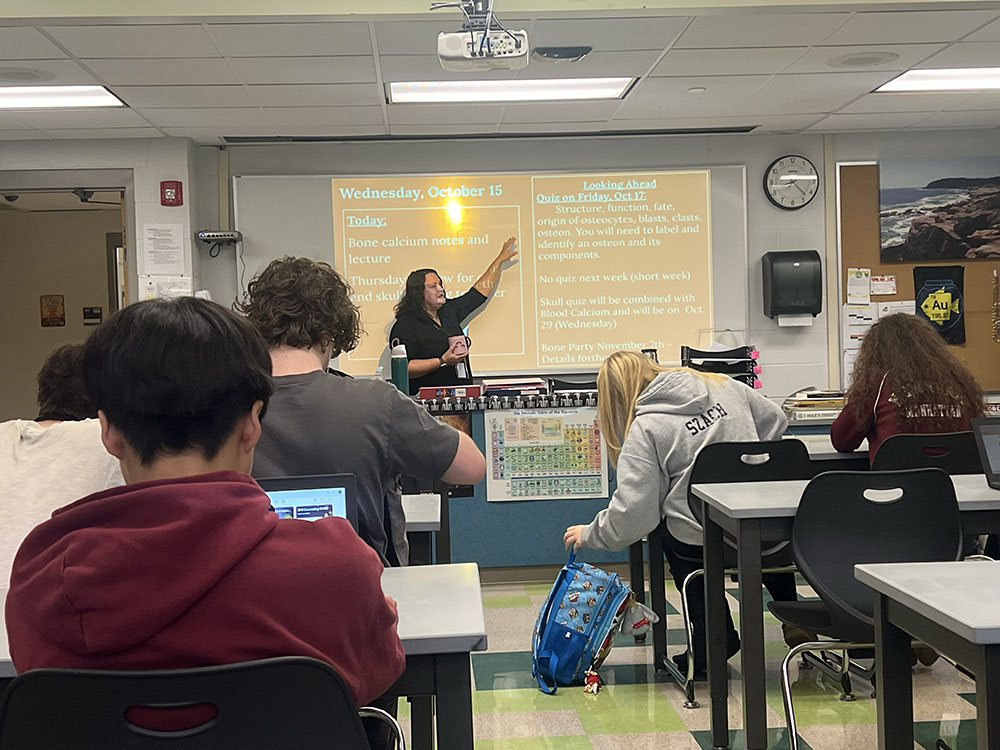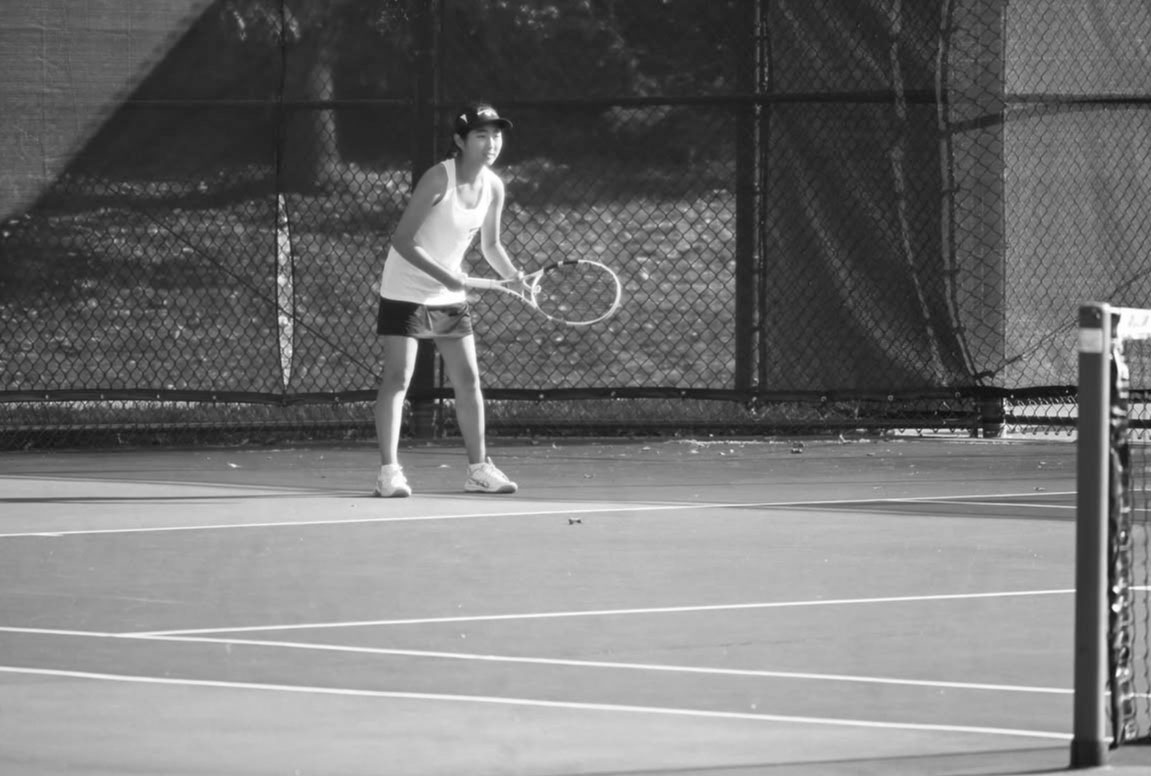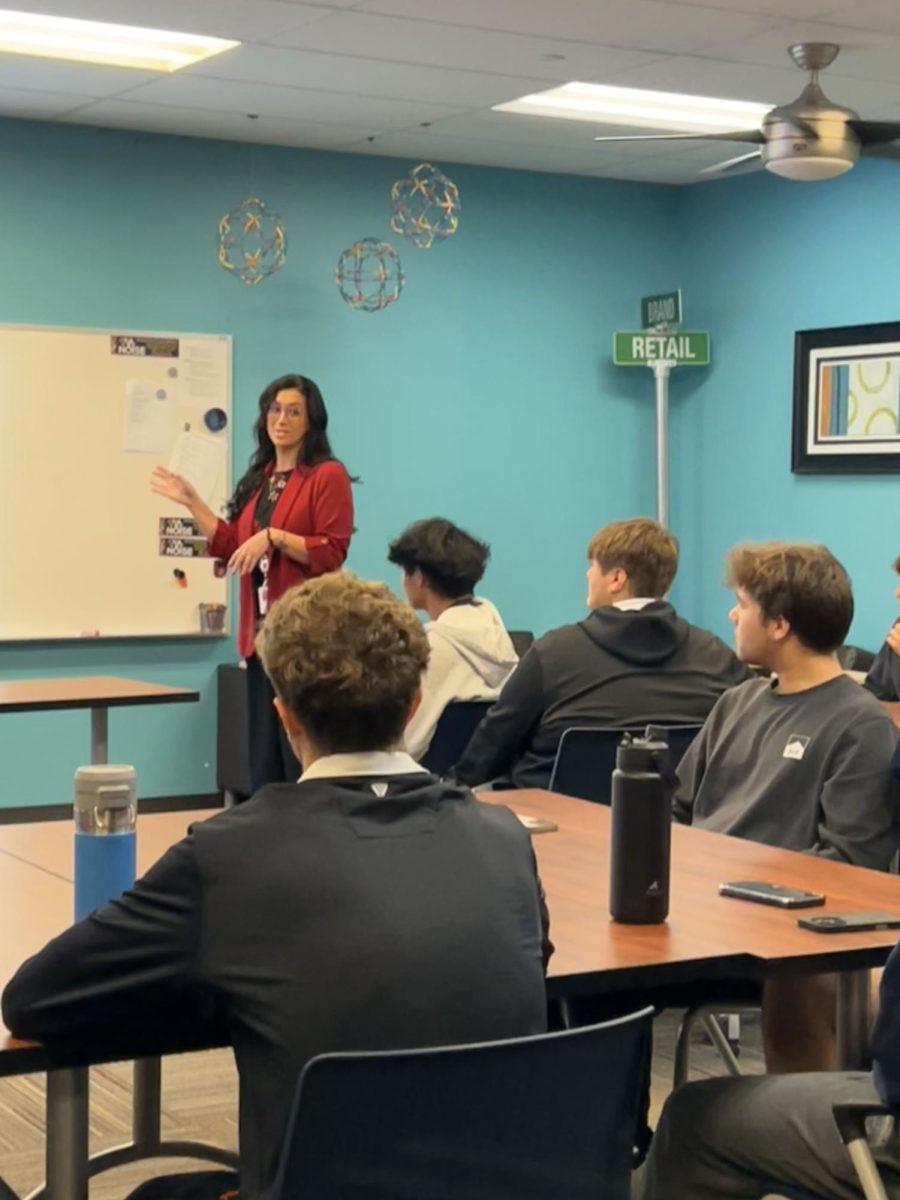A group of BHS student leaders hosted a “Meet the Candidates Night” in the community room on the evening of Sept. 11 for contenders for the three Board of Education seats to be decided in the Nov. 4 election.
Incumbent board members Rini Ghosh, Wendy Leatherberry and Kim Allamby attended the event. Challenger Tahgi Turner could not be present.
The students who hosted the event, Srishti Ithychanda, Yasha Cohen, Tony Zheng, Mirica Woodley, Lyndia Zheng, Maria Zarjetskiy, Karina Krishnan, Ida Chang and Arnav Bokil, facilitated a discussion highlighting issues facing the district.
The three candidates attending took turns answering questions about topics such as academics, teacher retention and the use of artificial intelligence in schools.
The candidates agreed that it is important to provide struggling students with a variety of academic support.
Leatherberry emphasized that what makes a school excellent is its clubs and sports programs as well as academics.
“We want to continue to focus on making things more robust for our students in those areas as well,” she said.
“Academic excellence…isn’t just about getting the grades,” she added.
Ghosh sees it is the board’s duty to support teaching experts and professionals in furthering academic excellence.
“The board evaluates courses of study, ensuring that the curricula being taught are most responsive to our student population,” she said. “We are putting in measures allowing us to see how we’re doing on a more regular basis, rather than relying on certain external measures that people look at.”
Allamby said schools should consider the “whole student” when defining excellence.
“You could have the smartest kid in the world who has external factors affecting them, like food insecurity or what goes on at home,” she said.
Allamby praised the school district’s teachers and counselors for the support they provide.
“When something is blocking a child from doing the best they can, we have the services in place to address them,” she said.
The candidates also addressed questions from student facilitators about high turnover rates for new teacher hires.
Leatherberry said she would use surveys to gather information and identify the causes of the problem.
“[It’s important to understand] what the teacher’s experiences looks like for early stage teachers versus long-term teachers,” she said.
She also emphasized the importance of maintaining a strong working relationship with the Beachwood Federation of Teachers (BFT) in order to address the underlying issues.
Ghosh recognizes that teacher retention is a national issue, but also emphasized that in Beachwood, the board is already working with the BFT to create creative solutions to retaining teachers.
“The strength of our school system lies very much in our teaching staff,” she said. “That’s how our product is delivered, so to speak.”
Allamby hopes to inspire more mentorship connections between new teachers and older teachers. Like Leatherberry, she emphasized the importance of surveying newer hires.
“[We need to] hear what [teachers] need to stay happy in our schools,” she said.
Finally, with respect to AI, the candidates all agreed on the importance of teaching students to use it responsibly.
“The moment you tell students you can’t do something, you better believe they’re negotiating to do so,” said Leatherberry, who emphasized that in order to use AI effectively, students need to use it supplementally as opposed to complete reliance.
Ghosh recognizes AI as a powerful tool, but is also wary of its pitfalls.
“The question for us as a district is, how [can] we best support our students and staff with using AI responsibly and recognizing the biases that need to be addressed,” she said.
Allamby had a similar view of the potential of AI, but also of its dangers.
“We would be remiss as a district if we weren’t on the front edge of learning,” she said.
She emphasized the importance of educating students to use AI responsibly as it inevitably grows in popularity.
Allamby is pleased by the approach of the district’s director of educational technology, Jeremy Hunter.
“He has started [implementing] an age-appropriate way to teach our children how to use this valuable tool,” she said.
Tahgi Turner did not reply to a request for an interview for this article.



![“My parents have always said that education is important. My parents are Chinese immigrants, I'm Chinese American, [and that's a] value that has always been ingrained in our community,” said Senior Lyndia Zheng, pictured with Tony Zheng](https://bcomber.org/wp-content/uploads/2025/10/DSC_4244.jpg)









